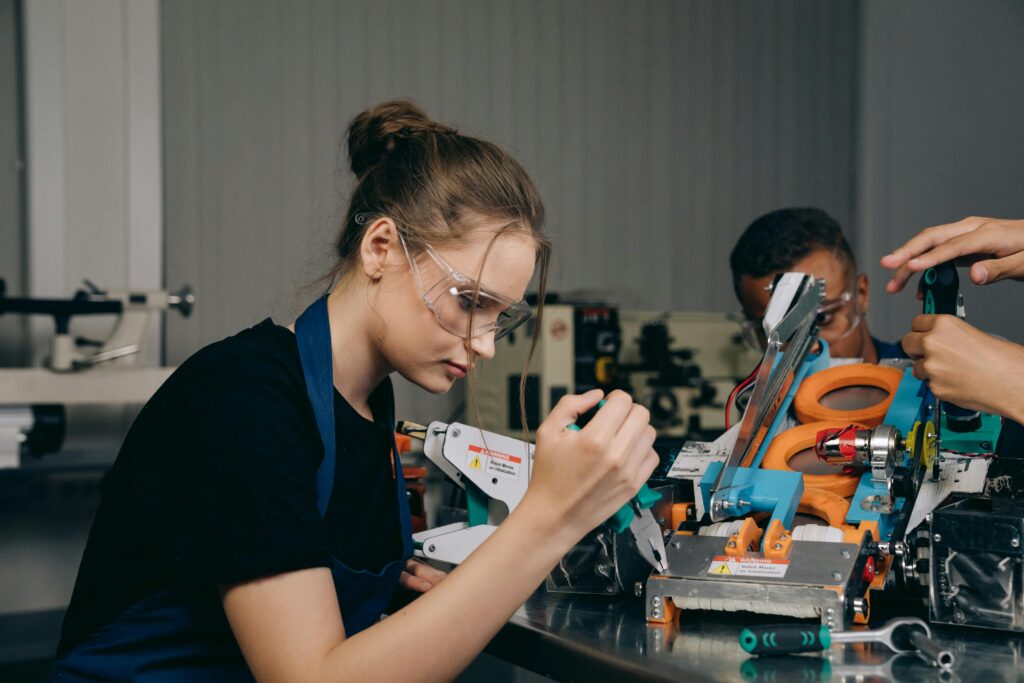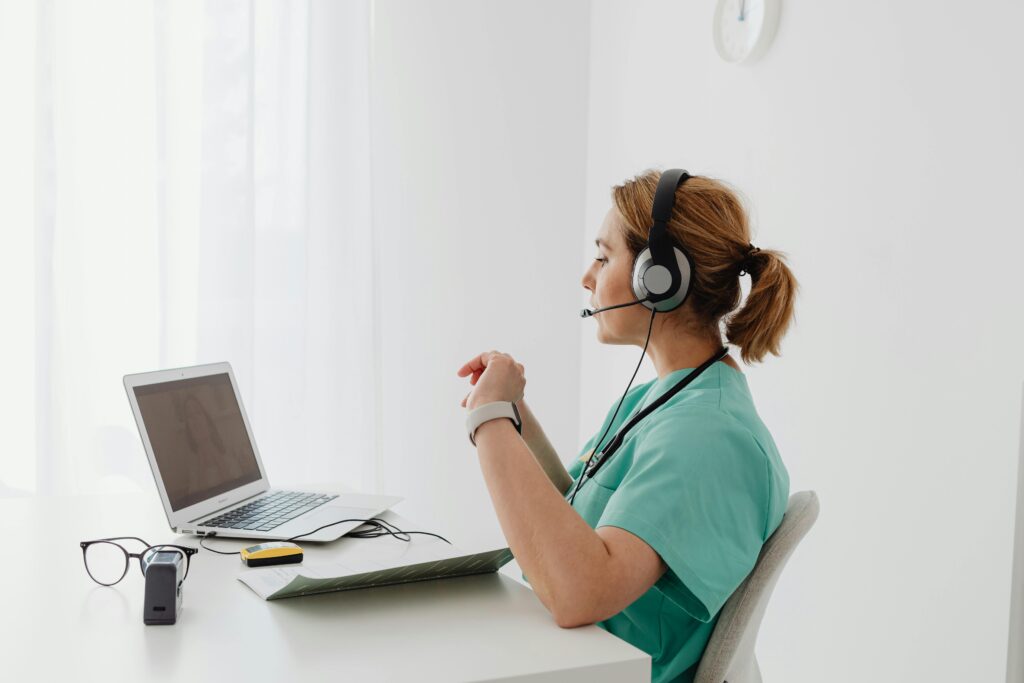Politics plays a big role in our lives. It affects the schools we attend, the roads we travel on, the taxes we pay, the healthcare we receive, and even the air we breathe. Whether we like it or not, political decisions shape our everyday experiences. That’s why it is so important for citizens to take part in politics. When people actively participate, they help create a better and fairer society. This article explains why being involved in politics matters, how it empowers citizens, and what you can do to make a difference.
What Is Citizen Engagement?
Citizen engagement means people taking part in the decisions that affect their lives. It can be as simple as voting in an election or as involved as joining a local government meeting, signing a petition, volunteering for a cause, or even running for office. It’s about being informed, sharing your opinions, and working together to solve problems in your community.
Some people think politics is only for politicians or experts. But that’s not true. Politics is for everyone. It’s not just about rules and laws — it’s about people and the kind of world we want to live in. When citizens get involved, they help make sure that decisions are fair and reflect the needs of the whole community, not just a few powerful people.
Why Active Participation Matters
- It Strengthens Democracy
Democracy means rule by the people. But democracy only works if people take part. If citizens don’t vote or speak up, a small group ends up making all the decisions. This can lead to unfairness or corruption. When more people are involved, the system becomes stronger and more honest. - It Makes Leaders Accountable
When citizens are active, leaders know they are being watched. They are more likely to listen, tell the truth, and keep their promises. If politicians know they will be questioned or voted out, they take their job more seriously. This creates a healthy political environment where leaders serve the people — not the other way around. - It Helps Solve Community Problems
Every community has challenges — such as crime, pollution, poverty, or lack of good schools. Local citizens often understand these problems better than anyone else. When they speak up and work together, they can come up with solutions that really work. Political participation allows people to raise issues, suggest ideas, and push for change. - It Gives People a Voice
Everyone deserves to be heard, no matter their background, income, or education. Participating in politics gives people a voice. It allows them to express their needs and hopes. This is especially important for groups that have been ignored or left out in the past. Active participation helps build a more equal and respectful society. - It Builds Trust and Community
When people get involved in political activities, they often meet others who care about the same issues. This creates a sense of belonging and teamwork. People learn to listen to each other, understand different views, and find common ground. This helps reduce division and builds trust among neighbors.
Barriers to Participation
Even though participation is important, many people don’t get involved. Some feel that their voice doesn’t matter. Others are too busy, don’t understand the system, or feel discouraged by corruption or broken promises. Some groups — such as the poor, the elderly, or minority communities — may face more serious obstacles, such as lack of transportation, language barriers, or discrimination.
These problems can be fixed, but only if we recognize them and work to remove them. Making participation easier and more welcoming is a key part of building a better society.
How to Get Involved
You don’t have to be a politician or expert to make a difference. There are many simple and powerful ways to take part in politics:
- Vote
Voting is one of the most important ways to participate. It lets you choose leaders who share your values and decide on important issues. Learn about the candidates, understand what they stand for, and cast your vote. Every vote counts. - Stay Informed
Read the news, watch debates, and talk to others about current events. The more you know, the better decisions you can make. But be careful — make sure your information comes from trustworthy sources, not rumors or fake news. - Join Local Meetings
Many towns and cities hold public meetings where residents can give opinions on local projects or laws. These meetings are a great chance to speak up, ask questions, and suggest improvements. You’ll also learn how decisions are made and who is making them. - Volunteer
You can help a political campaign, a nonprofit group, or a community project. Volunteering is a great way to meet others, learn new skills, and make an impact. Even small actions can lead to big changes. - Speak Out
If something is unfair or needs to be fixed, don’t stay silent. Write a letter to a leader, post on social media, or join a protest. Use your voice to raise awareness and push for change. - Encourage Others
Talk to friends and family about why participation matters. Help someone register to vote or attend a meeting with you. When more people are involved, the whole community benefits.
The Role of Education
Education is key to empowering citizen engagement. Schools should teach students not just about history and government, but also how to be active citizens. This includes learning how to vote, understand laws, think critically, and work with others to solve problems. When young people learn these skills early, they are more likely to stay involved as adults.
Civic education should be available to everyone, not just students. Adults also need opportunities to learn about political systems, rights, and ways to participate. This can be done through community workshops, online courses, or public information campaigns.
Technology and Participation
The internet has made it easier than ever to get involved. People can sign petitions, share ideas, attend online meetings, or even vote in some countries — all from their phones or computers. Social media helps spread messages quickly and reach large audiences. However, it also comes with risks, such as fake news or harmful arguments. We must use technology wisely and respectfully.
Conclusion: Your Voice Matters
Active participation in politics is not just a right — it is a responsibility. Every citizen has the power to shape their community, their country, and the future. When people take part, they help build a society that reflects everyone’s needs and hopes. They make democracy work.
No action is too small. Whether it’s voting, speaking out, joining a cause, or just staying informed — every step counts. When we work together, we can solve problems, hold leaders accountable, and create a fairer, more just world.
So don’t wait. Get involved. Your voice matters more than you think. And when we all speak up, the world listens.



